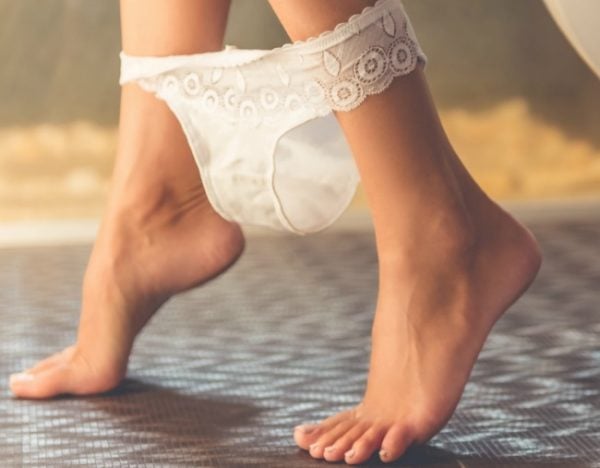Despite the fact that approximately one in three women will get vaginal thrush in their lifetime, and many will experience recurrent infections, it is still something we rarely talk about.
We spoke to an expert, Dr Cris Beer, about a new study regarding vagina health, and what all women ought to know.
What are the symptoms of thrush?
Cris Beer told Mamamia the most telling symptom of thrush or candida is a “thick white discharge”, with a cottage cheese like appearance.
Others symptoms include:
- Redness of the vulva
- Swelling of the labia
- Itching and burning around entrance of vagina
- Discomfort/pain during intercourse
- Stinging sensation when passing urine
What are the causes of thrush?
Interestingly, the incidences of thrush have sky rocketed in recent history, with the introduction of things like antibiotics (30 per cent of women will get thrush because of antibiotic use), the contraceptive pill, chemotherapy and refined sugars.
The recent rise in active wear as everyday wear is also thought to be a contributor, as it doesn’t allow for necessary ventilation. The same rule applies to non-cotton underwear.
Soap products used on the vulva or in the vagina can also cause thrush, as it disrupts the natural pH of the vagina, and alcohol is also a known trigger.
LISTEN: Don’t put soaps anywhere near your pink bits. Post continues below.
Thrush is more common in women in their thirties and forties, and pregnant women.
Dr Beer added that a “suppressed immune system” can sometimes be the cause, especially for recurrent infections, along with being “stressed and rundown”.


